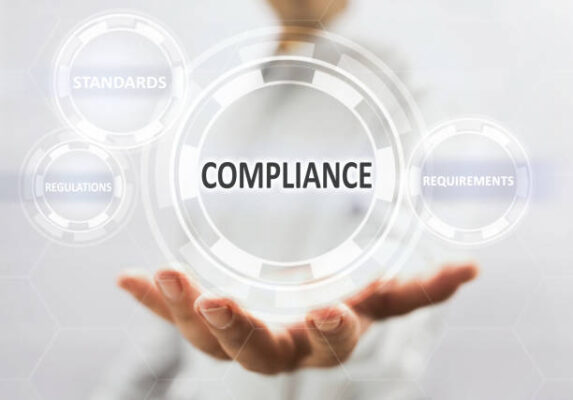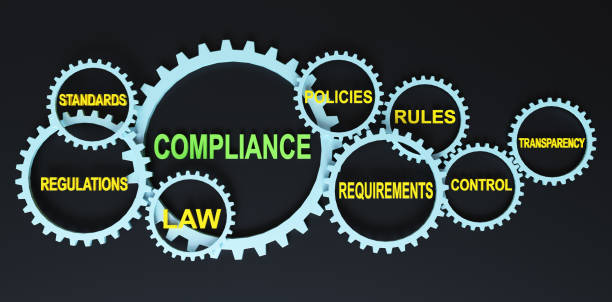Compliance advisors help organizations adhere to their regulatory and internal policies. Their duties often involve handling sensitive matters that require diplomacy and tact.

When choosing a compliance advisor, you should consider their areas of specialization. This will help ensure that you hire someone who is best suited to your needs.
Large Organization
You have a large organization that is involved in a range of business activities that expose it to multiple areas of law and regulation. As a result, you have a responsibility to develop and oversee compliance programs in key areas such as employment, antitrust, intellectual property, and products liability law.
To do this, you must understand the basic elements of compliance programs and select experts from outside law firms who can help to develop a tailored compliance program that is cost-efficient. You will need to be able to evaluate the experience of the various compliance professionals on your list and determine whether they have the required skills to address your company’s compliance needs in a timely, efficient, and effective manner.
When selecting a compliance advisor, you should look for a firm that has been in the business for a considerable amount of time and has a track record of performing contracted services in a timely, cost-effective, and efficient manner. You should also examine the background and credentials of the firm’s consultants to assess their depth of subject matter expertise.
One-Person Law Department
Managing compliance is an important and often stressful role within any financial advisory firm. This is especially true for a small boutique firm where one lawyer is often all that stands between the firm and its clients. To ensure regulatory compliance, attorneys have to know the ins and outs of the law. The best way to do this is to hire the right people for the job. A good compliance advisor is an invaluable resource for any law firm, advising clients on the best compliance policies and procedures that will protect their assets from digital snatchers, Browse around this website.
To select the best compliance officer for your law department, conduct some research into the company and its culture. You will want to ask questions regarding the legal department hierarchy and the business goals of the organization. The answers you find will give you an idea of the type of support you can expect from your new hires. It’s also a good idea to speak with the senior management team and make sure your selection is on board with the plan. The right people can make all the difference in ensuring a smooth transition and ensuring that your firm’s compliance program is up to snuff.
Solo Practitioner
Having an experienced compliance advisor can be critical to the success of a solo practitioner. They can help make sure you have the necessary disclosures and are following the rules of the law.
When selecting a compliance advisor for your law firm, choose someone that you can trust. This person should understand the nuances of your industry and have a solid understanding of the law and how it applies to your business.
It’s also important to find a professional that you can collaborate with. This can help you stay agile and in control, while still having the compliance advice you need to keep your practice on the right track.
A good compliance advisor can be a great help to a solo practitioner, especially in the marketing and growth of their practice. They can help you develop a strong marketing plan and find prospective clients that need your services.
Large Law Firm
Large law firms may have compliance professionals in-house or work with a compliance consulting firm. Choosing the right compliance advisor will be crucial to your success in minimizing legal and regulatory risks.

A compliance professional can provide practical advice and guidance that you can use to build a robust compliance program for your clients. They can help you create policies and procedures, develop checklists, and implement SOPs (Standard Operating Procedures).
You can choose from a number of different types of compliance advisors. Some are standalone attorneys who specialize in compliance, while others are specialists in a specific area of regulatory law.
Summary:
You can also hire a compliance consultant who is not an attorney, but has extensive expertise in regulations. These are often ex-regulators who came from the SEC or large financial services firms.



